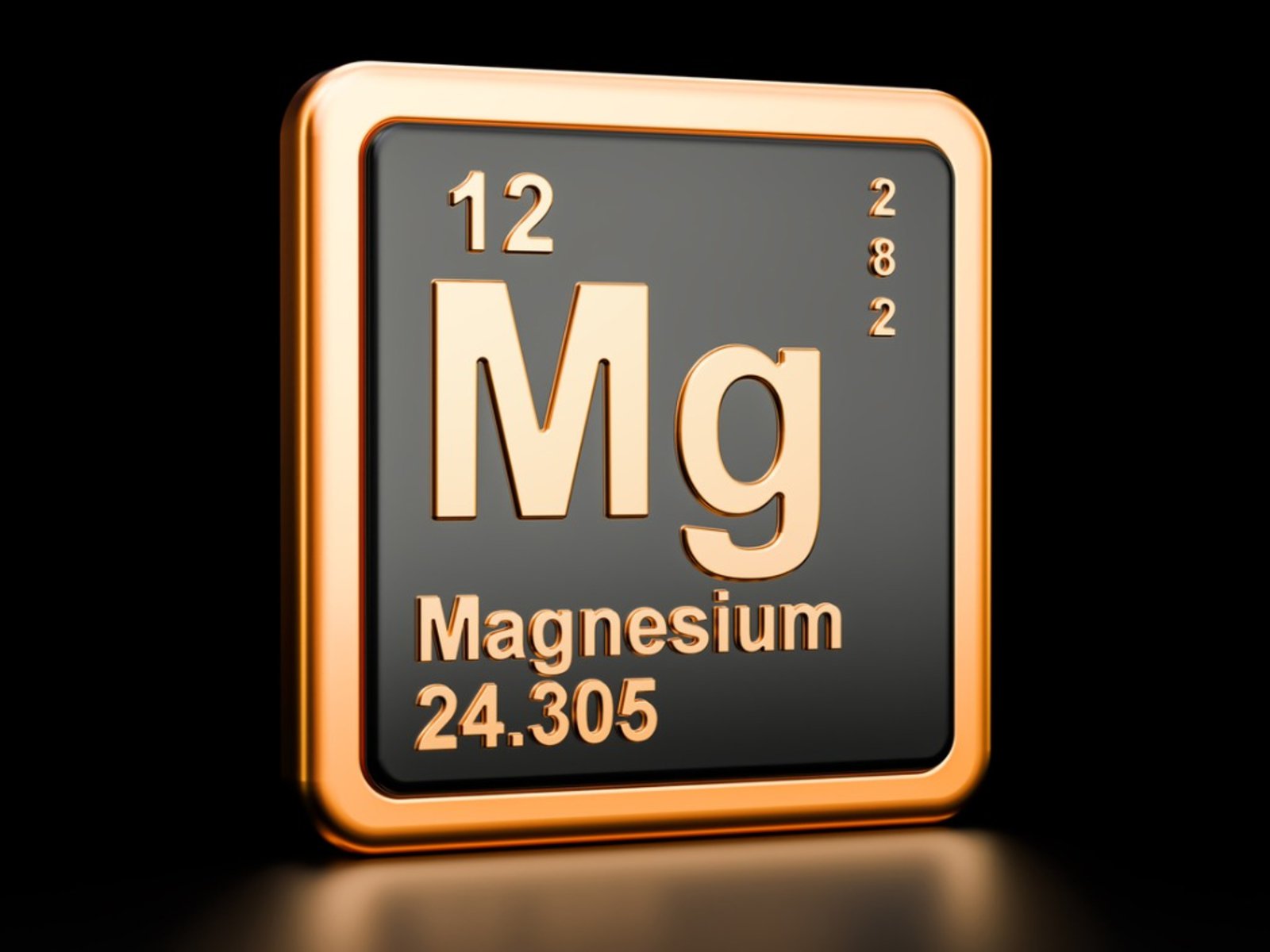
When I take a moment to look at what magnesium does,
..it reminds me once again of the complexity and brilliance of the human body. Like all great and complex machines, it also reminds me of the importance of ‘tuning’ it and giving it what it needs to carry out all those mindboggling daily tasks that support another day in our life.
Magnesium is the central element in chlorophyll and the basis of early life on the planet. It’s been around for ever – and I think we can safely say that it’s here to stay. (Which is a good thing when you consider all of the amazing things it does for us every day):
Magnesium ions manage more than 300 biochemical reactions in the body through their role as enzyme co-factors
- It’s essential in the replication and repair of DNA for new cell growth
- It’s vital in the generation and use of the energy that makes our cells function
- It’s also vital to relaxation – without it, our muscles would be in a constant state of contraction (no rest time!)
- About 2/3 is stored in our bones, where it plays two different roles – giving the bone physical strength and structure, and sticking around on the surface of the bone so it can be tapped into when things get lean.
How do you know if you’re deficient?
It’s tricky to test for magnesium because only 1% of your body’s stores are found in the blood, and even less in blood serum, so blood testing may not detect a deficiency.
If that’s the case, the following questions might help you work out if you’re at risk:
1. Do you drink lots of fizzy drinks?
The average consumption of sweet fizzy drinks is more than 10 times what it was sixty years ago , and most dark-coloured carbonated drinks contain phosphates which bind with magnesium inside the digestive tract, making it unavailable to the body.
2. Do you eat a lot of sweets, pastries, cakes or desserts?
Refined sugar is all take no give – not only does it take up vital energy just to be ‘managed’, it also causes the body to excrete magnesium through the kidneys.
3. Are you stressed a lot of the time? Do you get anxious or hyperactive? Have trouble falling asleep or staying there?
All of these things can be signs of low magnesium, and low magnesium can make them worse. Studies have investigated the adrenaline and cortisol hormones, which are associated with stress and anxiety, and found a link with decreased magnesium [2].
4. Do you drink a lot of coffee, tea, alcohol or caffeinated ‘energy’ drinks?
The kidneys play an important role in controlling magnesium levels in the body, but things like caffeine cause them to release extra magnesium regardless of whatever else is happening. Over time, this can result in magnesium deficiency. Medications for asthma and estrogen replacements, as well as diuretics and birth control pills, can also create this problem.
5. Do you get painful muscle spasms, cramps, facial tics or eye twitches?
These are well-known signs of magnesium deficiency. Remember that magnesium is required for muscle relaxation, and calcium is needed for muscle contraction. The two need to be in a state of balance to function effectively.
Are you over 55? 🙄
As we age, we need more magnesium – but our diets don’t always take this into account.
There are lots of delicious magnesium-rich foods you can get into including apples, apricots, avocadoes, artichokes, almonds, brazil nuts, cashews, pine nuts, pumpkin seeds, spinach, buckwheat flour, barley, green leafy vegetables, garlic, peas and beans.
Bear in mind that if you take calcium supplements, it’s important to balance them with the same dose of magnesium because calcium supplementation can reduce magnesium absorption and retention if magnesium intake is low . Plus, magnesium supplementation improves the body’s use of calcium anyway.
From our point of view we are very happy to be supply our magnesium-based UltraStream water system. It’s fundamentally different to electronic water ionizers that only concentrate the alkaline minerals that happen to be in the input water.
If your water is low in calcium or magnesium you’ll only get what is there, concentrated in the alkaline stream. The UltraStream, however, takes a different approach. It first removes as many nasties as it can from the tap water entering it, then releases magnesium and calcium ions into the output water. In this way it’s supplying a constant level of ionized magnesium to you in every glass.
For me, my self-diagnosis for possible magnesium deficiency (I’m 75 this year) is observing muscle spasms and cramps. It’s been an easy method that responds quickly to a few more glasses of UltraStream water. That’s my version of magnesium deficiency but yours may be different.
The thing we need to understand is that as long as we live an acidic life, any accumulated magnesium in the body will be quickly called upon to sacrifice itself to the cause of neutralising the acid overload. And that is why we ALWAYS need magnesium!
Magnesium, to me, is the easy life mineral, It just makes everything work better!
Best way to get magnesium:
1. Drink UltraStream water
2. Use a balanced Alkaline Booster consisting of all the big alkaline electrolytes.


